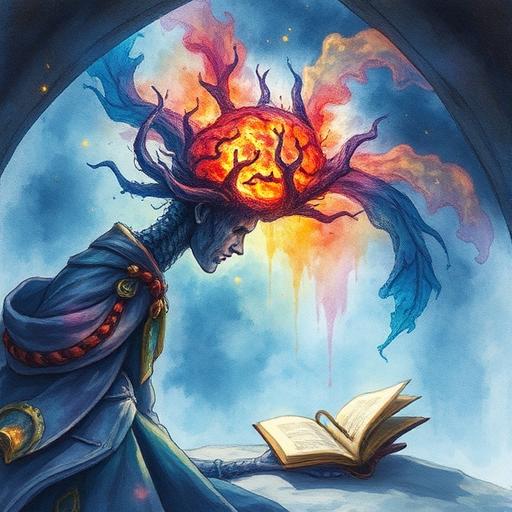Exploring the Intersection of Psychology and Fictional Character Development
Delve into the fascinating world where psychology and fiction intersect, and discover how understanding human behavior can elevate your character development. Learn how to craft believable, relatable characters by applying psychological principles to your writing.

Introduction to the Psychology of Character Development
The art of crafting fictional characters is a delicate balance of creativity and technique. One of the most effective ways to create believable characters is to draw inspiration from psychology. By understanding human behavior, motivations, and emotions, writers can develop characters that resonate with readers. For example, consider the complexities of the human psyche, as seen in the works of Fyodor Dostoevsky, who masterfully wove psychological insights into his characters.
Understanding Human Behavior
Psychology offers a wealth of knowledge on human behavior, including:
- Cognitive biases: systematic errors in thinking that influence decision-making
- Emotional regulation: the ability to manage and modulate emotions
- Attachment styles: patterns of behavior in relationships These concepts can be applied to character development to create more nuanced and realistic characters. Writers can use cognitive biases to explain a character's flawed decision-making or irrational behavior.
Crafting Relatable Characters
To craft relatable characters, writers must understand what motivates them. As discussed in our article on crafting relatable character motivations for deeper emotional connections, motivations are the driving force behind a character's actions. By understanding psychological principles such as Maslow's hierarchy of needs, writers can create characters with believable motivations.
Character Arcs and Emotional Resonance
A well-crafted character arc is essential for creating emotional resonance with readers. As explored in our article on crafting compelling character arcs for emotional resonance in fiction, a character's transformation should be rooted in their psychological journey. By applying psychological principles, writers can create character arcs that feel authentic and satisfying.
The Power of Emotional Intelligence
Emotional intelligence (EI) refers to the ability to recognize and understand emotions in oneself and others. Characters with high EI are better equipped to navigate complex social situations and form meaningful relationships. Consider the following characteristics of emotionally intelligent characters:
| Characteristic | Description |
|---|---|
| Empathy | Ability to understand and share feelings |
| Self-awareness | Ability to recognize and understand one's own emotions |
| Social skills | Ability to effectively communicate and interact with others |
Applying Psychological Principles to Worldbuilding
Psychology is not only relevant to character development but also to worldbuilding. By understanding human behavior and psychology, writers can create more realistic and immersive worlds. For example, consider how a world's culture and society might shape the psychological experiences of its inhabitants. A world with a collectivist culture might prioritize group harmony over individual goals, influencing the psychological motivations of its characters.
Conclusion
The intersection of psychology and fictional character development is a rich and fascinating topic. By applying psychological principles to character development and worldbuilding, writers can create more nuanced, relatable, and believable characters. Remember to explore the complexities of human behavior, craft compelling character arcs, and consider the power of emotional intelligence in your characters. For more insights on character development, check out our articles on crafting compelling character arcs for emotional resonance in fiction and crafting relatable character motivations for deeper emotional connections.
Comments
Comments are hidden to save bandwidth. Load them when you want to read or leave one.







